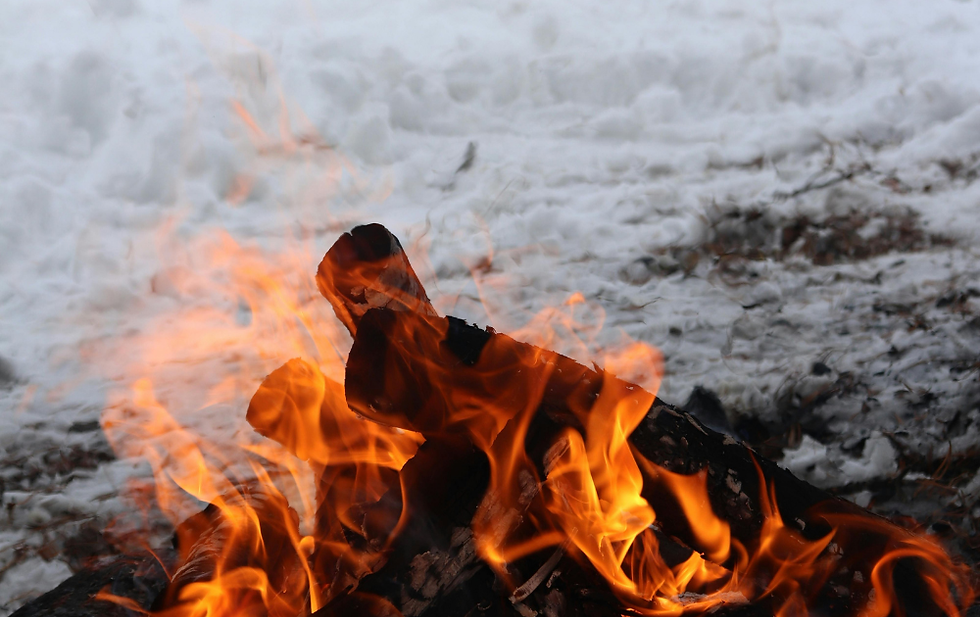Protecting your hearth, identity, and freedom of movement
- Jillian Aurora

- Sep 18
- 2 min read

HearthFinder has two objectives: helping you find home and safeguarding the one you’re in now. Lately, I’ve been watching two developments that could squeeze both your freedom of movement and your safety more than many realize - so we must pay attention.
Passport Revocation: A Quiet Shift
There’s a proposal in Congress—through the State Department Policy Provisions bill—that would give the Secretary of State power to refuse or revoke passports of U.S. citizens for material support for foreign terrorist groups. On the surface, it sounds targeted. But the language is fuzzy. What counts as “material support”? Could simply speaking or publishing ideas be enough?
Many civil liberties groups warn this could become a tool to punish dissent without the protections we expect: due process, clarity, fairness. And yes—the clause was removed after public pressure. But the fact it was introduced shows the door is open.
Graphite Contract & Surveillance Risks
Meanwhile, something called Graphite is circling around the edges of U.S. digital policy. Paragon Solutions—that company behind Graphite spyware—already has contracts with ICE. The EFF is warning that contracts like this can be misused: for surveillance of activists, journalists, or even ordinary people who voice dissent.
Also, more broadly, Graphite One is pushing forward with a feasibility project backed by the DoD. More funding, more infrastructure—for graphite, a critical key. That’s not necessarily bad. But as demand, technology, and surveillance capacity all rise, so do the stakes.
What You Can Do to Keep Your Hearth Safe
Because these shifts aren’t abstract—they may affect you whether you’re staying or preparing to leave.
Track what’s being proposed. Bills like H.R. 5300 (the State Department Policy Provisions Act) can change fast. Stay alert to amendments, removals, and new proposals.
Be cautious with political speech online. It doesn’t mean silencing yourself, but be mindful of what you post and how it might be interpreted under vague “material support” laws.
Secure your digital devices and accounts. Strong passwords, two-factor authentication, encrypted messaging, and VPNs are not optional anymore.
Back up travel docs and IDs. Store copies securely—cloud, encrypted drives, even hard copies with trusted people. If passports can be threatened, having options matters.
Diversify your information sources. Don’t rely on a single outlet or echo chamber. Understand how narratives are being shaped, because today’s framing becomes tomorrow’s law.
If you’ve been planning to leave the U.S., don’t keep waiting. I don’t say this to be alarmist, but doors don’t always stay open. If you’ve felt the nudge to relocate, consider taking that step sooner rather than later.
If you’ve already left, don’t let your guard down. Expat life doesn’t erase digital risk. Take the same precautions abroad that you would at home—secure your accounts, protect your identity, and be mindful about political activity tied back to your citizenship.
These steps are not about fear—they’re about tending your hearth with foresight. Whether you’re rooted in place or building a new home elsewhere, the goal is the same: to keep your fire burning safely, no matter how the winds shift.



Comments